|
15/5/2018 0 Comments inertia
inertia
ɪˈnəːʃə/ noun
You'll be pleased to know that this article is not about Galileo or Isaac Newton's 'Law of Motion' (unless you actually liked Physics in school). Many of us resist change as we get used to our lives being on 'autopilot'. Whether it's because we prefer not to venture too far beyond our comfort zones, or we just don’t like the uncertainty of unfamiliar territory, or we start to feel like we are losing control over situations, routines, or even our lives. when things change
Your job changes, your best friend starts dating someone (slowly putting an end to your regular nights out), you change schools, you become a parent, you get married, or divorced, someone leaves you, or you leave them, you relocate, or someone close to you relocates... all of these (and more) could impact us as individuals in different ways and can require additional mental and physical effort. Not knowing what to expect or do after times of change, could raise the temptation to resist it all and simply cling on to what we already have or know.
I personally hate change and resist it like the plague, but over the years, whether it's change that happened voluntarily or involuntarily, I have learnt one thing: change makes us learn, at least something, if we look hard enough. 1. learn about ourselves
When things change, we could learn more about ourselves and how we manage our emotions and situations in such times.
There are times when I may not even like how I behave with change, which is when I have learnt that trying to ground myself to my original principles and beliefs, sense-check them with reality and speak to my trusted sources (close friends, family, mentors, etc.), really helps bring me up to speed. Part of me believes that once we come out of a lot of changes, our endurance, mental strength and ability to deal with future changes improves. As per the saying: Practice makes perfect. From a personal development point of view, change could be a blessing in disguise. 2. learn about others
Change can also teach us a few things about others. Sometimes it can be a test of our relationships with, and our understanding of, other people, including those we think we know very well, and those we don't. Someone you barely know, could come and save your life or help you during times of change or difficulty, or someone (you think) you know very well could either help you when in need, or disappear and disappoint. We can't control how others behave and feel about us, but events and changes can make us learn more about the people who were, are and will be in our lives.
3. opportunities
Change can also be exciting! It could open the doors to new opportunities for personal growth and experience, that you wouldn't have even thought were there.
To give some personal examples, for instance: my brother, sister-in-law and my two-year old nephew recently relocated from London to Dubai. Initially, the idea was just a 'let's see what happens if I apply' situation. When this materialised, it was a shock to the system: coming to terms with the fact that they won't be a fifteen minute journey away anymore (more like seven hours...) and we will miss our weekly live entertainment from my two-year-old nephew). For them, this was a serious decision to get out of their comfort zone after almost two decades, including important lifestyle changes such as foregoing the luxury of having easy access to the pub, to needing an alcohol-license for the nominated male of the household (no, not my nephew). Jokes aside, I can only imagine how scary it could be to work somewhere so different (so hot!!) and adapt to their culture, save money and also live a fulfilling life, while they are out there. Having said that, they overcame the inertia of preferring to stay where they were in life, based on a comprehensive SWOT analysis, and decided to relocate as the opportunities to experience a 'new life', to learn, and to meet new people from all over the world outweighed the sacrifice of their 'comfort zone'. As a sibling, from my point of view, I see this as an exciting opportunity to come up with a new routine, travel to Dubai more often, explore the city and the surroundings of the U.A.E and also get to hear all about life in the Middle East through them. the low point...
Having said all the positive things about coming out of inertia and the benefits of going through change, we can't ignore the fact that not all changes are good or work out well for everyone. Sometimes we could be left in a serious situation if say, we suddenly lost a loved one or we lose our jobs and have nowhere to stay. At that point in time, there may be little or no reason why that would be a good thing. However, if there wasn't hope, there wouldn't be a life worth living. I have mentioned 'optimism' earlier, and I believe that it's all about how we try to gradually turn the situation around, to the best of our abilities, with the given circumstances, over the long run. I have to admit that some of the most memorable things I have experienced in my life so far, was either a trigger for change, or because of change.
The moral of this article, at least for me, is that we all experience inertia in different levels and forms, whether it's physical or mental. However, we can look at it as an opportunity, find ways to adapt to make them work for us and also accept 'what is’...
life hacks for
|
Home |
Categories |
|

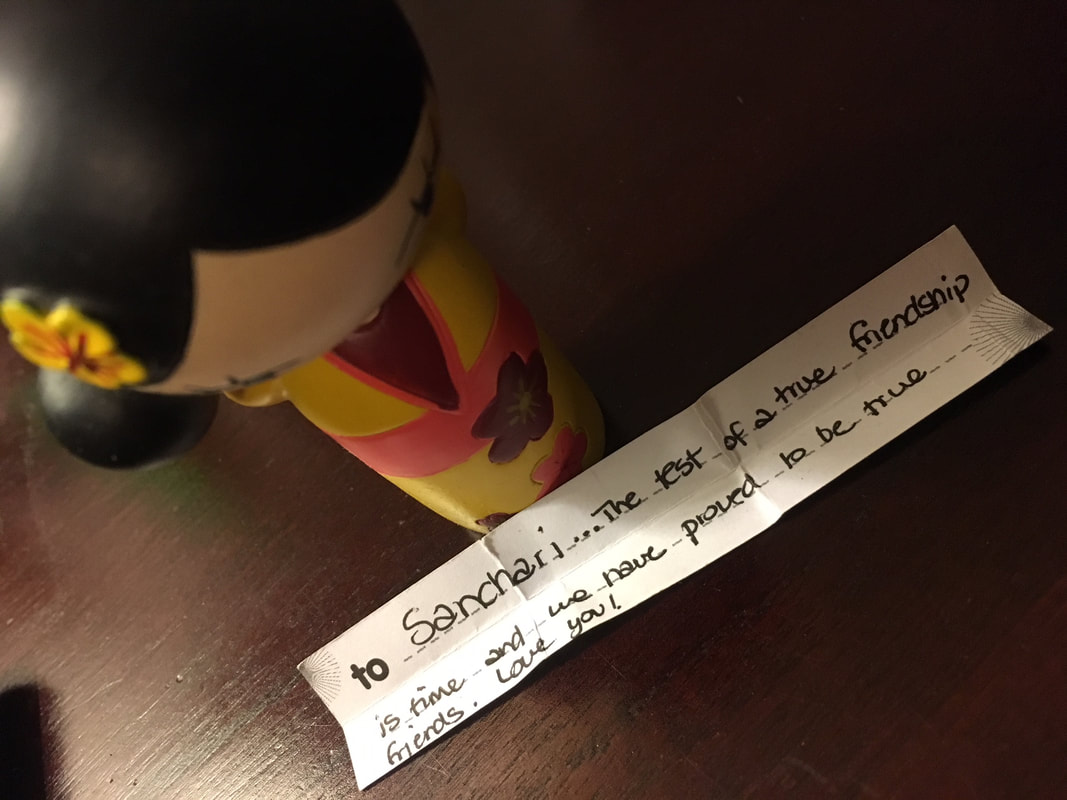
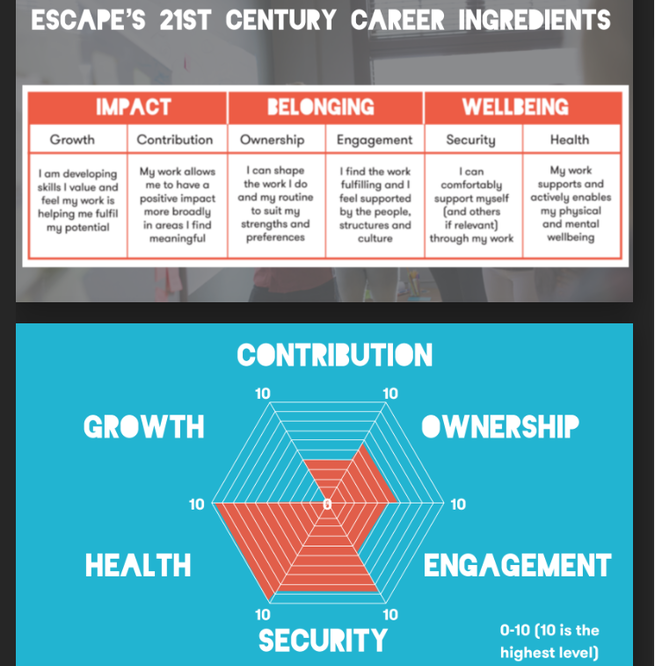
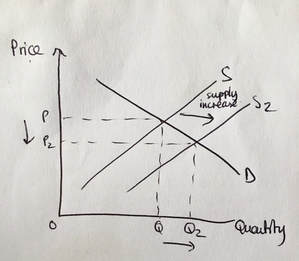
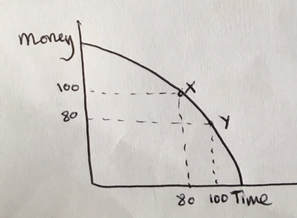
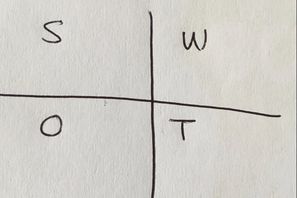
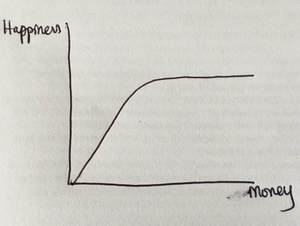
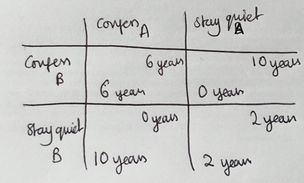
 RSS Feed
RSS Feed